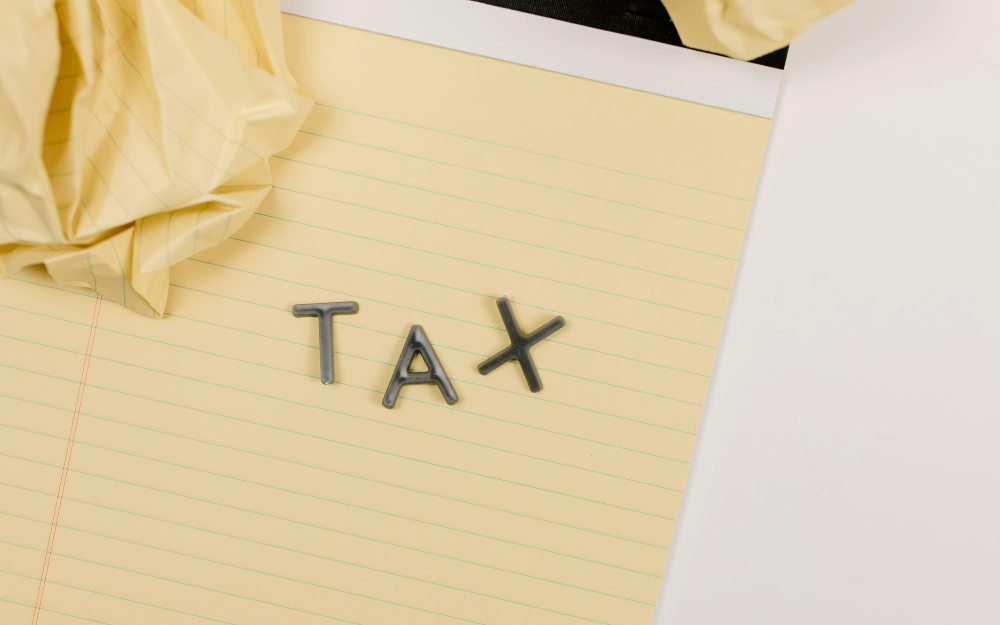As digital tools continually evolve, it is more important than ever to make sure you understand your tax obligations and comply with them. The Australian Taxation Office has been expanding and improving its data matching programs. Data matching compares data from a range of private and government organisations with the information you have provided to the ATO.
Today there are some 26 different data matching programs covering a wealth of transactions including various insurances (health, landlord, income protection); electoral rolls, bank accounts and credit cards, real estate, online sales platforms, international travel and crypto assets. So, if you leave out income from your tax return or inflate deductions, your chances of getting caught are much higher.
We take a look at some of the key areas to be mindful of when preparing your tax return this year.

Investment properties
The ATO says that, while 87 per cent of taxpayers who own rental properties use a registered tax agent to lodge their return, a review has found that nine in ten rental property owners are getting their returns wrong. It is crucial that you provide us the right information to prepare your return correctly because you are responsible for what you include in your tax return, even when using an agent.i
For example, the new landlord insurance data-matching program provides information about any insurance payouts that might have been made during the year. These must be reported as income.
Along with the new landlord insurance data matching program, a review of investment loan data will also get underway. We can guide you to ensure we are capturing all the relevant information to submit a complete tax return.
Side hustles
The ATO is also looking into the income earned from side hustles or the sharing economy.
It is now requiring platforms that provide taxi services and short-term accommodation, such as Uber and Airbnb, to report their data. All other electronic distribution platforms will have to begin reporting their data to the ATO from 1 July 2024.
The ATO says the data will give it a clear picture of the people earning income on the platforms and will be matched against their tax returns and activity statements.
Small business obligations
Businesses are also under growing ATO scrutiny using a combination of sophisticated data matching and a requirement for further reporting.
The Single Touch Payroll (STP) program, first introduced five years ago, underwent some major changes last year, known as STP phase 2. Now, all businesses are required to use STP each time they pay their employees to report salaries, amounts withheld and superannuation guarantee liability information.
The ATO recommends you discuss your current payroll processes with your tax or payroll provider to make sure you are complying with Phase 2 reporting. “If you don’t have a tax or BAS agent, consider engaging one,” the ATO says.ii
And, in a move to ensure employees receive their super on time, the Federal Government will introduce what it calls ‘payday super’.
From 1 July 2024, all employers will be required to pay the superannuation guarantee amount to their workers’ super funds on each payday rather than quarterly as is currently the case.
Self managed super funds
When it comes to self managed superannuation funds, tax and regulatory performance is generally strong, according to the ATO.
Nonetheless it is a massive sector providing more than 1.1 million people with their retirement income. With an estimated total asset value of $868 billion, it is not far behind the industry funds sector, which holds just over $1 trillion in assets.
The SMSF sector’s importance and value to individuals brings it under close attention from the ATO, which is scaling up its compliance activities because it is seeing indicators of “heightened risk” that put retirement savings at risk or take unfair advantage of the favourable tax environment.iii
In particular, the ATO is chasing down fraud and investment scams, illegal early access to super funds by members and failure to lodge annual SMSF returns.
With increasing ATO focus on taxpayers and businesses to comply with their obligations, we are here to guide you through the changing rules and regulations and answer any questions.
i https://www.ato.gov.au/Media-centre/Media-releases/ATO-expands-data-matching-to-ensure-fair-play/
ii https://www.ato.gov.au/Business/Single-Touch-Payroll/Expanding-Single-Touch-Payroll-(Phase-2)/Employer-STP-Phase-2-checklist/
iii https://www.ato.gov.au/Media-centre/Speeches/Other/SMSF-compliance—What-s-on-the-regulator-s-radar-/


